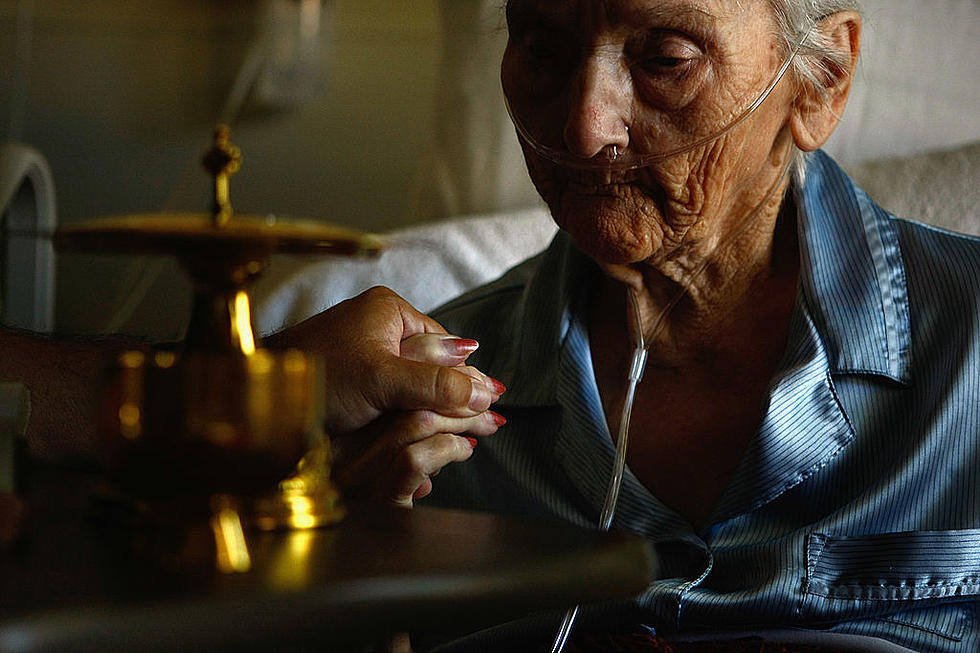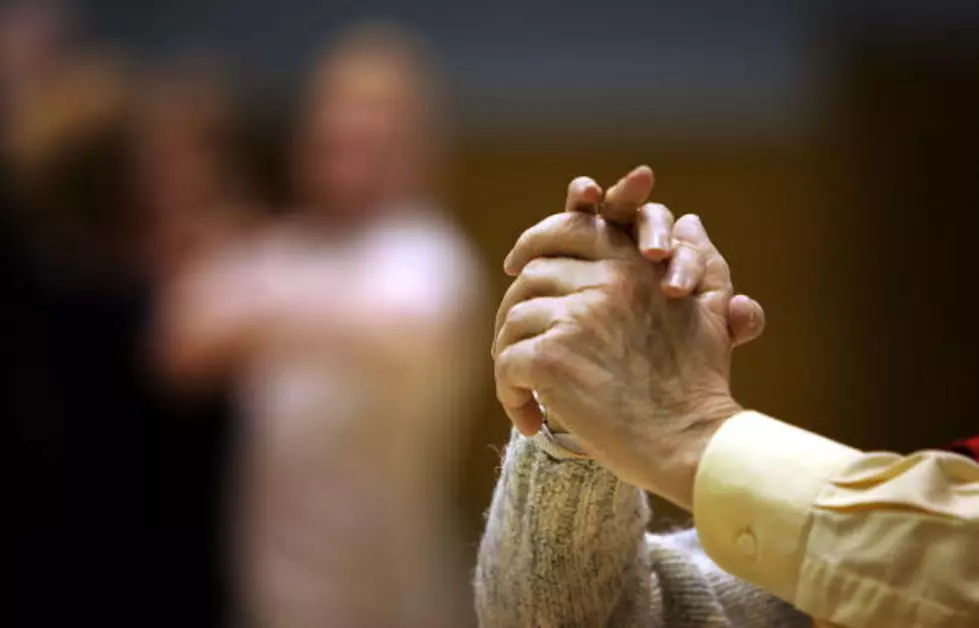
Coping Strategies to Deal with Loss Over the Holidays
The holiday season is, for many, "the most wonderful time of the year." However, it can also be among the most painful times of the year for those experiencing loss or suffering from grief.
Adrian Bartholomeo, with Hospice and Palliative Care in New Hartford, spoke about the impact that the holidays have on those who are dealing with sadness.
To say that the holidays "amplify" negative emotions, he says, is a perfect way to characterize what happens.
He says that it is important to mean those in need wherever they are. "One of the most important things that we want people to remember is that some people have traditions...and then there are folks who might wish the holidays pass by." Everyone, he says, has different coping mechanisms.
For some, he says, remembering a loved one who has passed is as simple as honoring the traditions that were important to them, like making their favorite apple pie. For others getting through the holidays as quickly as possible is the key to maintaining a positive outlook. Either way an every way in between is ok, according to Bartholomeo.
He acknowledges that the anticipation of the holidays brings with it its own share of stress as well. And, he says, it is helpful to acknowledge that one is "...able to tolerate a couple of months (of holidays)." It might be necessary, he says, to just admit "this is going to be a rough time."
Hospice and Palliative Care has a telephone number available for free for anyone who wants to talk with someone. They cannot offer counseling but can talk - which is sometimes enough. Anyone from the community can call and leave a voicemail with good contact number. The telephone number is: (315) 735.6484.
They also have newsletters available through their website (HospiceCareInc.org) and tips on their Facebook page on how to cope with the holidays.
Another coping mechanism, he says, is to "pick that one person and have an unexpected heart moment. Having that person to reach out to is so important."
Bartholomeo advises that, if you are the person to whom someone in need is reaching out, do not offer solutions, just listen. It is ok to offer your own personal experience, but always bring it back to how that experience can help the person confiding in you. Balance the exchange and do not make it about your life - just say, "I care about you; we had it in our family...what can I do for you?"
For the person suffering he advises to manage your own expectations. "Grief changes hour to hour." Know that asking someone how they are may be too big a question for that person. "How" someone is feeling may be complicated.
Hospice and Palliative Care also has videos available. Use whatever works, Bartholomeo says.
For more information visit: https://hospicecareinc.org/
Ornaments Made by Clinton Elementary School Students On Display in Nation’s Capital
Make Your Own Christmas Ornaments At Corning Museum of Glass
NY Sash Shower For A Soldier Makeover Goes To Air Force Veteran From Rome
This Exclusive $1 Million Property in Utica, NY Offers Luxury, Privacy and City Life
More From WIBX 950





![Balloon Launch Held At Munson Williams [VIDEO]](http://townsquare.media/site/41/files/2015/08/Baloon-launch-3.jpg?w=980&q=75)



